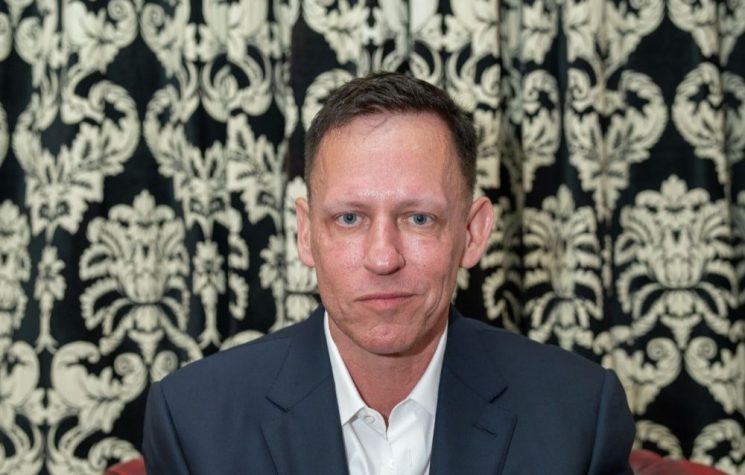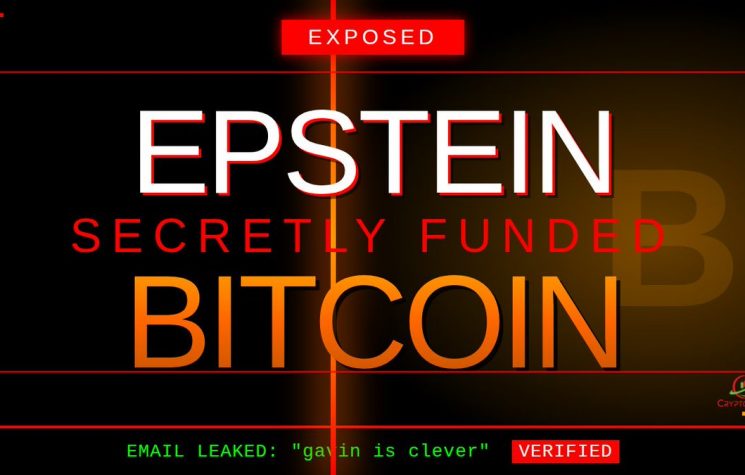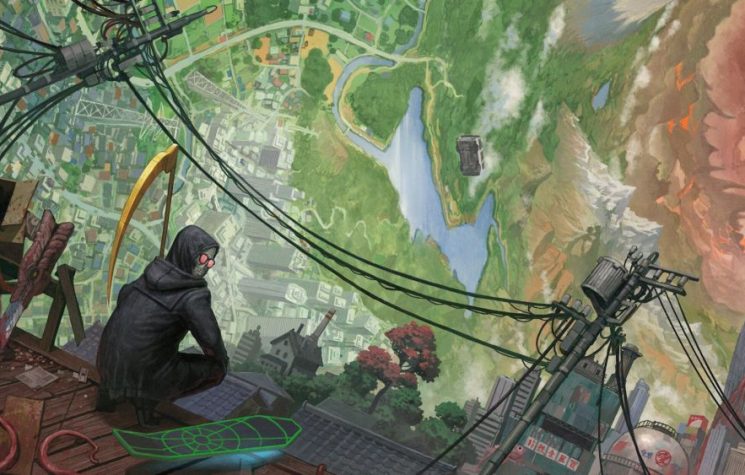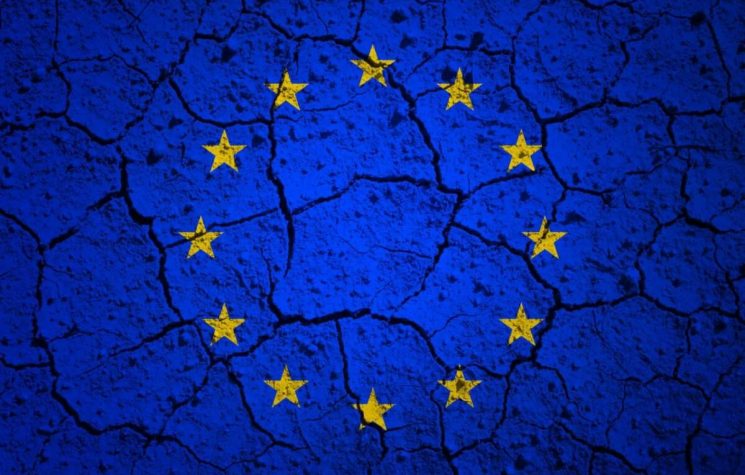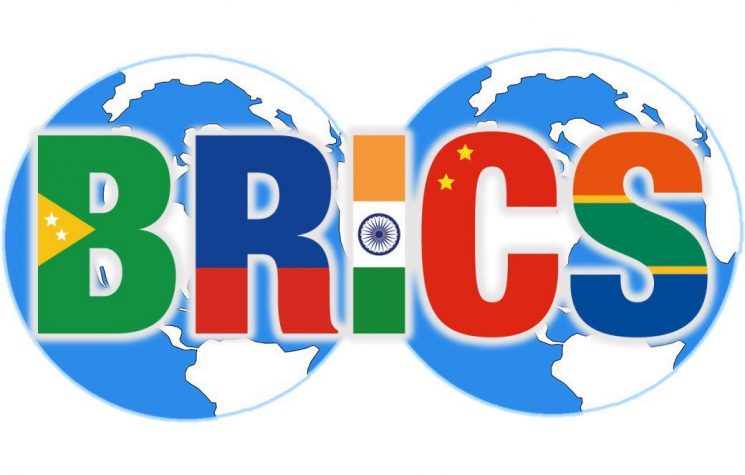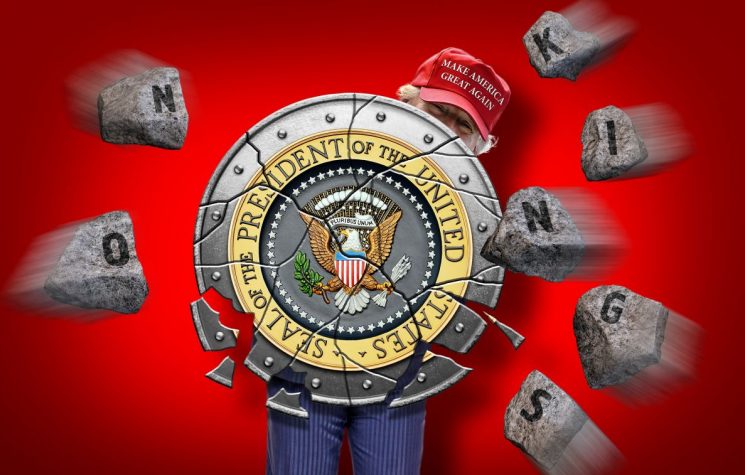The answer matters less than the realisation that he is not, and never will be, the saviour of civilisation.
Join us on Telegram![]() , Twitter
, Twitter![]() , and VK
, and VK![]() .
.
Contact us: info@strategic-culture.su
It’s hard not to marvel at how people like Peter Thiel rise to prominence. In every age, we get the same archetype: the billionaire who discusses human agency, suggesting he believes he’s as omnipotent as God, perceives himself as the restrainer of chaos, and starts rearranging humanity as if we were Sims characters trapped in his private Silicon Valley sandbox. In Thiel’s case, the marketing label is “somewhat free market libertarian, champion of free speech, scourge of globalist bureaucracy.” The reality is a little less Hayek, a little more Orwell with a dose of Revelation sprinkled on top.
Thiel is painted as the billionaire rebel who stands against the encroaching globalist order. He bankrolls Rumble, the supposed digital haven of free speech where dissenters flee when YouTube’s algorithm bans them for wrongthink. He smiles wryly as he describes himself as anti-global governance, anti-bureaucracy, and the Davos-sceptic billionaire who won’t be invited to Klaus Schwab’s fondue party. And yet, behind the curtain, Thiel is a co-founder of Palantir — the surveillance darling of the national security state, a company whose entire business model is hoovering up every scrap of public and private data and feeding it into predictive policing software for governments. If you’re against global governance, you probably shouldn’t be designing its nervous system.
Palantir is a kind of Frankenstein’s monster built for the permanent security state. It helps ICE track migrants, it helps the Pentagon track targets, and it helps Western intelligence agencies track entire populations. Thiel markets himself as the libertarian outsider, but in reality he’s the data oligarch making sure no one escapes the panopticon. If George Orwell were alive today, he’d sue for plagiarism.
But what makes Thiel so unusual isn’t just his politics or his business empire; it’s his theology. He’s not content with being just another billionaire with surveillance toys — he wants to philosophise us into submission. Thiel has long been enthralled by René Girard’s mimetic theory, the idea that human beings imitate each other’s desires until they spiral into violent rivalry, resolved only through the sacrificial scapegoat. It’s a neat little theory for explaining why mobs happen, why envy festers, and why Twitter looks like a digital Salem witch trial every other week. But Thiel doesn’t just study Girard; he appears to live by him. He warns darkly of progressivism as a runaway mimetic frenzy, of scapegoating cycles that will consume society, and positions himself as the sober-minded adult who can see the bloodbath coming.
Here’s where it becomes unnerving. Thiel also rejects the theological idea that the New Testament God of empathy and mercy supersedes the Old Testament God of wrath and law. For him, suggesting otherwise is anti-Semitic. It sounds academic, but it reveals a worldview: mercy and empathy are not the dominant forces of history. Law, wrath, and violent restraint are. If you were wondering why a billionaire with Palantir might not be your go-to guy for defending free expression, there’s your clue.
Then we get to Thiel’s most bizarre preoccupation: the Antichrist and the Katechon. In recent lectures and interviews, he riffs on eschatology like a Silicon Valley Savonarola. For him, the Antichrist isn’t some red-horned demon with a pitchfork; it’s the one-world government, the technocratic utopia of total control. The apocalypse, on the other hand, is pure chaos — the collapse of everything. Caught between these extremes, Thiel sees a “third way”: the Katechon, the restrainer who holds back the apocalypse just long enough to buy humanity some time. And who, dear reader, might that be? If your answer is “Peter Thiel, saviour of civilisation”, then congratulations: you’re starting to think like Peter Thiel.
This isn’t just idle philosophy. Thiel’s political investments follow the pattern. He has quietly nurtured candidates like J.D. Vance, his protégé, now VP, next in line for the presidential throne, who parrots Thielian scepticism of liberal democracy while never straying too far from Thiel’s donor leash. The image is of a man grooming apostles for his political theology, seeding them across American politics like Palantir nodes in a global data grid. It’s less democracy and more apostleship of Thielism.
Now let’s talk hypocrisy, because Thiel serves it by the gallon. He has carefully cultivated the image of the libertarian contrarian, but when Gawker published an article outing him as gay in 2007, he didn’t shrug it off like a free-speech absolutist. He instead secretly financed a $10 million vendetta against the media company, culminating in Hulk Hogan’s lawsuit over a leaked sex tape. Thiel later described this personal revenge crusade as “one of my greater philanthropic things that I’ve done.” Philanthropy! As though crippling a gossip site that bruised his ego was akin to curing malaria. This is the psychology of power: when you’re a billionaire, even your grudges are tax-deductible acts of charity.
The irony is that Thiel’s own narrative mirrors the very mimetic rivalry he pretends to analyse from the outside. He claims to resist envy and scapegoating, but when personally wronged, he becomes a textbook case of it. He calls for free speech, then bankrolls the annihilation of an outlet that embarrassed him. He rails against global governance, then builds Palantir, the crown jewel of the global surveillance state. He preaches about the dangers of Antichrist centralisation, then discreetly elevates himself as the Katechon — a narcissist who believes history needs him to hold the line between order and chaos.
And it would all be laughable if it weren’t so consequential. Thiel isn’t just scribbling in his theology diary; he’s bankrolling candidates, building surveillance architectures, and reshaping the culture of the American right. He is treated as a serious intellectual even as he openly muses about whether the empathetic God of the New Testament should be demoted. He flirts with apocalypse while investing in apocalypse survival bunkers in New Zealand. He tells us the Antichrist is one-world government, but one can’t help but notice he’s building the exact infrastructure a one-world government would need. It’s like watching Oppenheimer argue that nuclear weapons are too dangerous while simultaneously checking the progress of the Manhattan Project.
As the American empire frays, Thiel seems to relish the chaos. He knows collapse breeds opportunity. Every empire’s end is a billionaire’s bargain sale. While ordinary people brace for inflation, war, and censorship, Thiel plots his public role as purveyor of the third way. He isn’t the saviour of civilisation. He’s the man who profits as it burns, the arsonist selling fire insurance with a theology degree.
Which brings us back to the original question: is Peter Thiel a libertarian, a technocratic authoritarian, the antichrist, or just a self-perceived demigod that places himself as the arbiter between fates? Perhaps the answer is simpler: he’s a billionaire with delusions of grandeur, a man who confuses personal revenge with philanthropy, who preaches free speech while crushing it, who rails against globalism while designing its architecture. A man who believes that because he has read René Girard and the Book of Revelation, he should also be allowed to steer civilisation’s fate.
The lesson here isn’t just about Thiel. It’s about the psychology of power. Billionaires who lack empathy but believe themselves to be history’s protagonists are not rebels against tyranny; they are its midwives. Thiel may cast himself as the Katechon, but in reality he’s just another oligarch auditioning for a role in a cosmic drama that no one asked him to star in. And if we allow people like him to shape our future, we’ll find ourselves not in a world of free markets and free speech, but in a Palantir-powered cage, sold to us as salvation.
The uplifting note, if there is one, is this: recognising the psychology of these self-proclaimed culture shapers is the first step in reclaiming autonomy. If we see their delusions for what they are—narcissism dressed up as theology, revenge dressed up as philanthropy, surveillance dressed up as freedom—then we deny them the one thing they crave above all: the consent of our belief. Empires collapse. Billionaires come and go. But the individual’s capacity to think critically, to laugh at their pretensions, to resist their control — that endures.
So, who is the real Peter Thiel? The answer matters less than the realisation that he is not, and never will be, the saviour of civilisation. The restrainer we need is not some billionaire philosopher king but our collective refusal to be restrained by them.










